It was not a destination on my list personally. Not a place I had in even my top 50 places I must see before I die but when we started debating this world tour, Eric had expressed that he wanted to return to Cuba, a destination he had visited in a previous life (aka before my time).
I had my apprehensions and concerns. This is a country that is not and maybe which has never been in a good place. Certainly, the 20 years I spent living in the US didn’t help paint a cheery picture of Cuba – at least not of its leadership. Lines were drawn. But I can’t say I remember much about what I learned about Cuba from school other than about the Bay of Pigs fiasco. Oh and of course, communism is bad.

So before making this trip, I needed to become a bit more knowledgeable. Short on time I looked towards documentaries rather than lengthy books. I watched three. One of which, Cuba Libre, turned out to not be available on Netflix if you happen to be in the US (interesting). I had made that discovery when I accidentally left on my VPN set to New York. But why would it not be available for Americans to see, I wondered?
Pre-trip research
The series which was, I believe, produced by Arte (a Franco-Germanic version of the American PBS), traces the political history of Cuba from revolutionaries to dictators and through a series of interviews with political exiles and historians weaving the tale of this island nation. It was an eye-opener. The interviewees spoke English, French, German, and Russian. It was not glorifying and I don’t think anyone came off as “right”. I finally began to understand the fascination with Che Guevara and what role he played in the Cuban Revolution. But watching only one thing will skew your perspective so I continued digging and this time watched a series in Spanish that was more of a travel documentary highlighting the beauty of the island. Side note, it helps to be able to understand enough of multiple languages to not rely solely on subtitles (another reason to embrace language learning). The last series I watched was made by an American journalist from New York who had been traveling back and forth between the US and Cuba for more than 20 years. He had had a somewhat privileged “relationship” with Fidel Castro. We watched the lives of several characters- real Cubans, unfold over those 20+ years and it was very insightful. From the “hustler”, to the farmers, to a little girl with big dreams, these were the lives of everyday Cubans alongside the lofty dreams of their cammandante.
Sound advice
My last resource was speaking to a Cuban directly. I had heard Julio Cesar on a radio show in Seville and his words had touched me. He was talking about the idea that tourists have in their minds about Cuba. One that has them seeing the rosy image of Caribbean waters, endless mojitos, music, and dance. While Cuba is all these things, it is also broken and the people are suffering on a daily basis. A place where any opposition was repressed and sanctioned. I had no intention of going there as some sort of voyeur and I wanted to be both informed and respectful so I contacted him and asked if he wouldn’t mind meeting me. I was ever so grateful (and a little nervous) when he and his wife agreed.
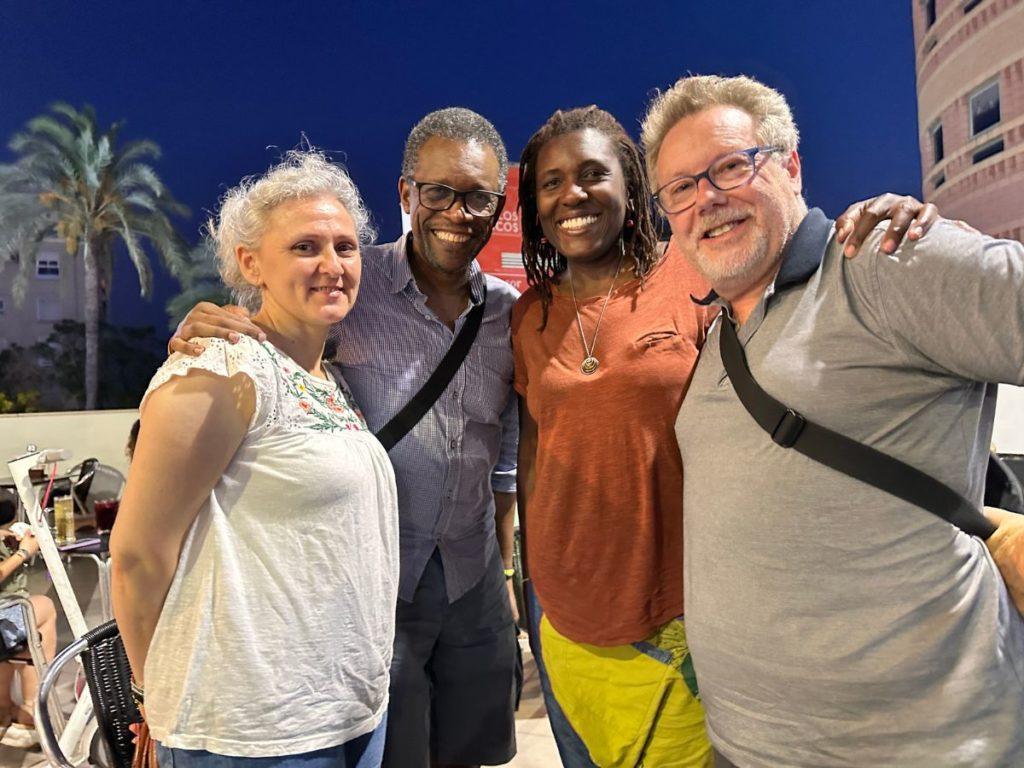
But what happened? Well, my questions were answered, but more angst was created, however, the trip was already planned, so I had to suck it up and go – we’ll see how it goes.
What was I afraid of? I keep going back over that question. I think it was the lack of personal freedom or that hidden behind smiles was more pain than many of us can imagine. The sense that people can’t enjoy a pleasure that so many of us do every day – complaining and doing so overtly. I also didn’t want to be the ignorant tourist sipping expensive drinks while the people around me had to struggle to even have more than a piece of bread. I’ve been to other countries where people were less fortunate or were downright poor. Often the disparities in the population were so drastic that I would ask myself how people just walked by as if it was okay. But something felt different about THIS trip. And I just couldn’t put my finger on it.
One thing that we did decide to do (perhaps to ease my conscience) was to pack an extra suitcase full of colored pencils, feminine hygiene products, medicine, and plenty of other supplies for adults and kids. I mean, growing up in New York I remember how expensive it was to deal with something young girls and women worldwide have to take care of monthly. If for me it had been a struggle to afford feminine hygiene products (mainly because I was too embarrassed to explain that to my dad), I could not imagine how someone having to feed themselves and/or their families could be coping. I knew whatever I provided would never be enough but it was something.
We also packed a few snacks for ourselves for the long car rides we were going to have as we had been told that snack food was not going to be that easy to find on the autopista.
We were as armed as we were going to be. In retrospect, I wish I had done even more. I didn’t want to start a riot by just randomly handing out things on the street or insulting people who may have felt as if I regarded myself as some sort of savior but much more was needed than we had provided. I’m reminded of a comment I read on a Cuba travel group on Facebook where a guy said he was throwing out bags of candy to the kids on the street. I was not the only one shocked by that comment. Who do we think we are sometimes? We arranged in the end to meet Julio Cesar’s brother Francis and his wife who works in a home with the elderly, to give them the suitcase. I felt they would be better informed and connected to ensure the contents got to the people who needed it. But when so many are in need…
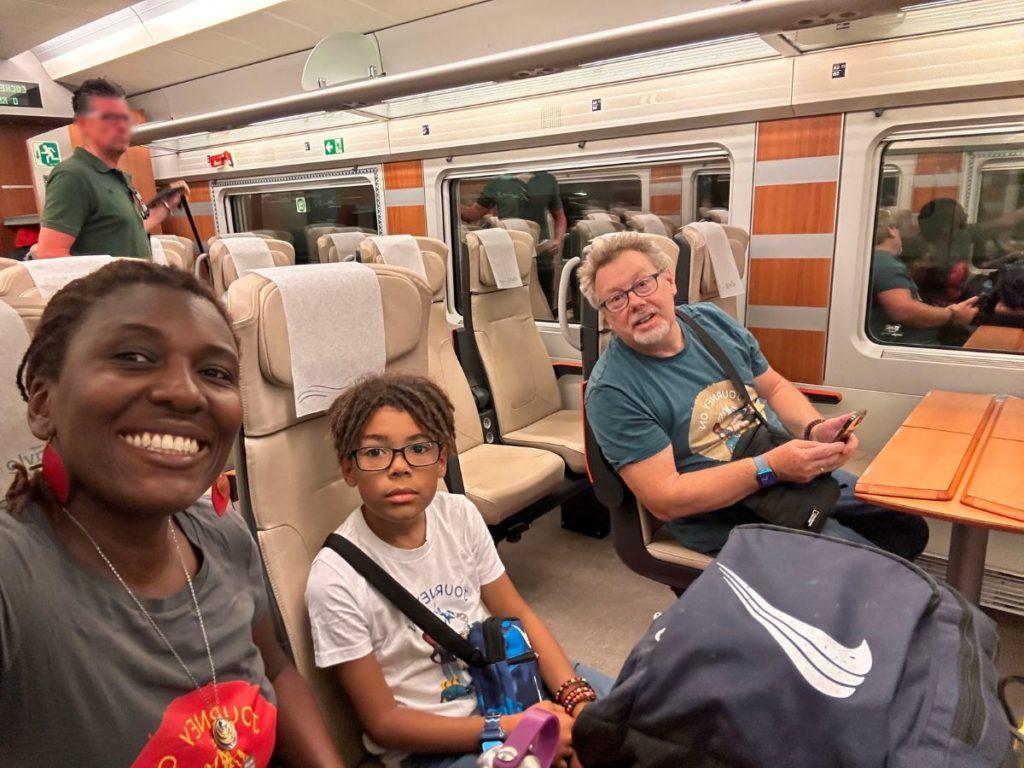
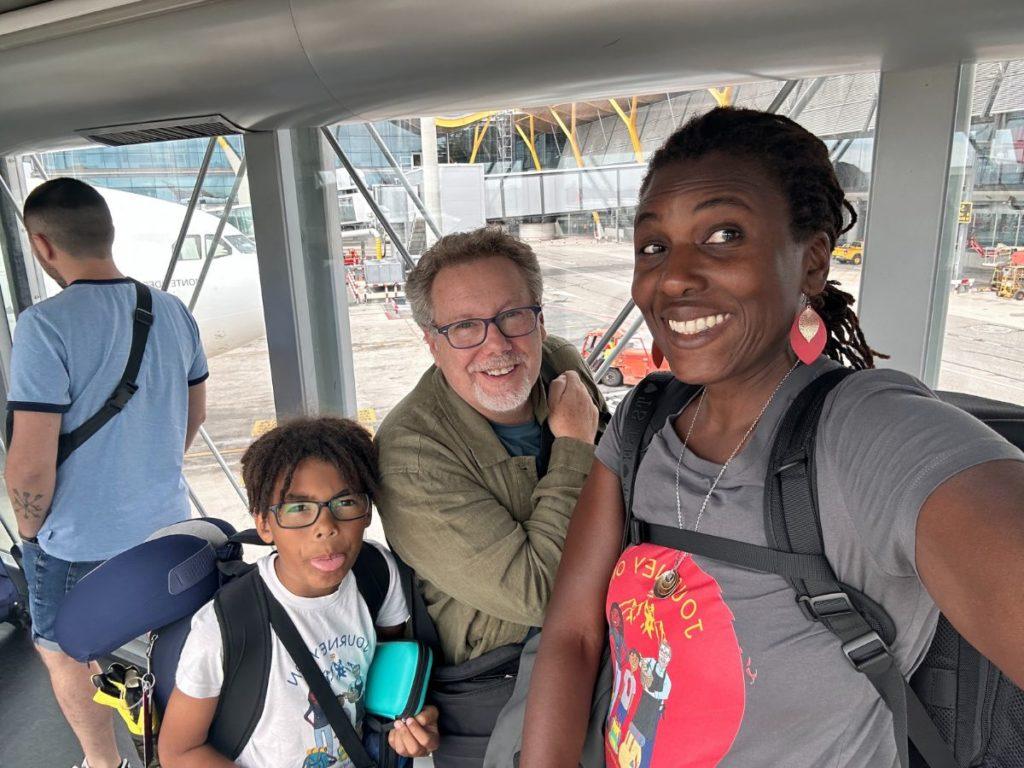

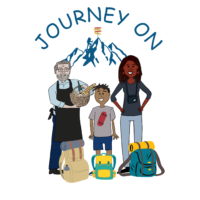
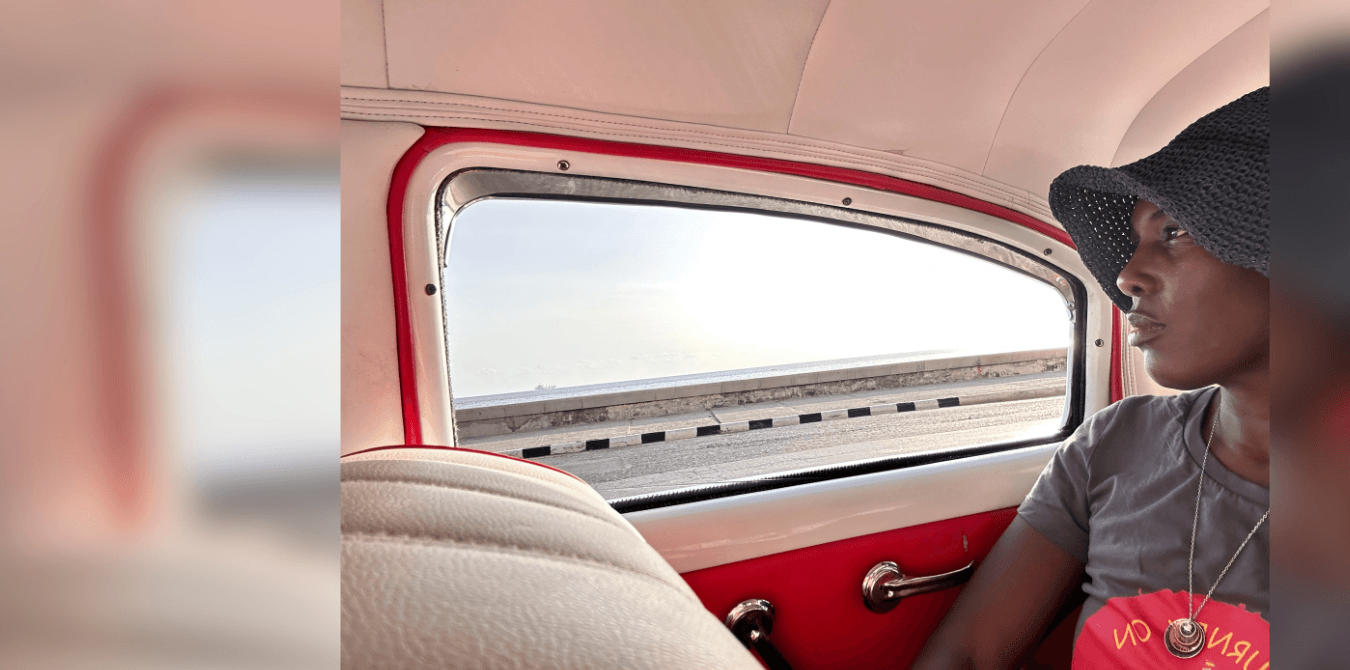
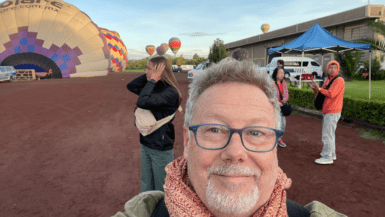

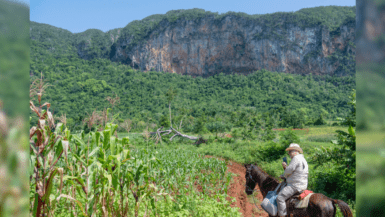

Good trip les Amis ! 💋🫶
Merci Sév!